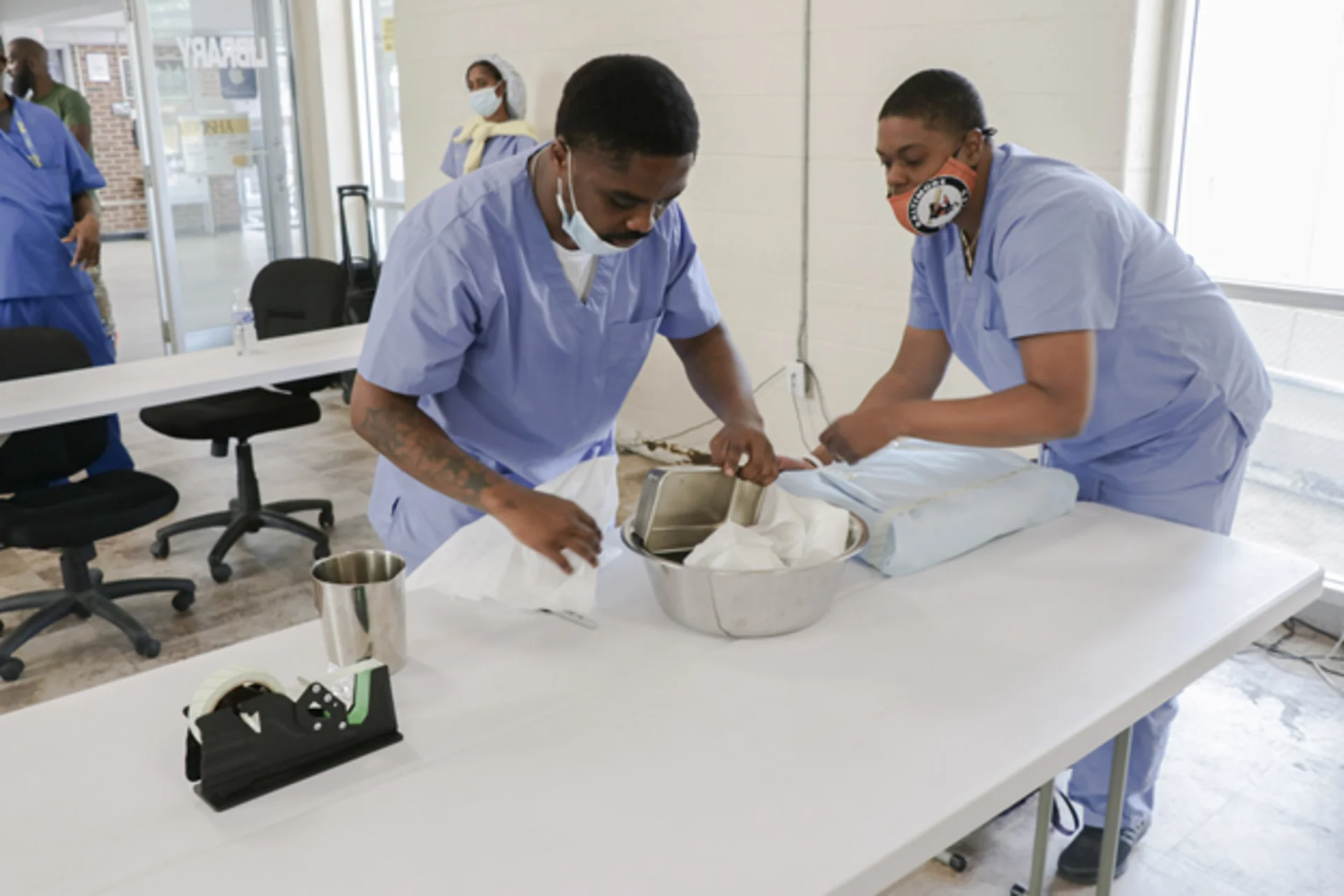In the powerful universe of medical care, clean processors assume a vital part in guaranteeing the well-being and viability of operations. As we enter 2024, the requests for sterile processors keep developing due to mechanical headways, changes in medical services conveyance models, and the consistently present basis of disease control. All in all, the job of sterile processors in 2024 is formed by mechanical development, advancing medical care conveyance models, and primary disease control. How about we investigate the key subheadings that depict these evolving elements:
In 2024,sterile processing program divisions are seeing a critical shift towards robotization and coordinating artificial brainpower (computer-based intelligence). Robotized frameworks are progressively utilized for instrument cleaning, cleansing, and stock administration. These advances smooth the work process and improve the unwavering quality and consistency of disinfection processes, lessening the gamble of human mistakes. Moreover, the approach of artificial intelligence-fueled calculations has reformed quality confirmation and cycle enhancement in sterile handling. These calculations can dissect massive datasets to distinguish designs, identify peculiarities, and upgrade disinfection cycles for various instruments. The information-driven approach guarantees better expectations of disinfection and empowers proactive support, adding to, generally speaking, functional effectiveness.
The landscape of healthcare delivery is rapidly changing, with a growing focus on minimally invasive procedures, ambulatory surgery centers, and overnight facilities. As a result, sterile technicians in 2024 must adapt to provide high-quality service in diverse settings beyond traditional hospital environments. This necessitates flexibility, adaptability, and the ability to cater to the unique needs and challenges of each setting. Furthermore, the expansion of telemedicine and remote healthcare services has posed new challenges for sterile processors, who must ensure the sterility of instruments used in virtual consultations and remote procedures. As healthcare delivery models evolve, sterile processors are crucial in maintaining the integrity and safety of medical equipment across various settings.
The worldwide Coronavirus pandemic has highlighted the significance of contamination control and cleansing in medical care settings. In light of elevated consciousness of contamination gambles, sterile processing jobs have executed extra security measures and conventions to moderate the spread of microbes. This incorporates improved cleaning methodology, severe adherence to individual defensive hardware (PPE) conventions, and the reception of cutting-edge cleansing innovations equipped for wiping out many microbes, including infections. The pandemic has likewise highlighted the need for deftness and flexibility in sterile handling offices as they explore store network disturbances, fluctuating interest in administrations, and developing administrative rules. Regardless of these difficulties, sterile technicians have shown incredible versatility and commitment in guaranteeing the security of patients and medical services workers.

As vital individuals from the medical care group, clean processors should successfully communicate and team up with specialists, attendants, and other medical services experts. Clear correspondence guarantees that instruments are handled and ready as indicated by the particular prerequisites of every methodology, limiting the chance of blunders and confusion. Joint effort and cooperation are fundamental to maintaining productivity and advancing a culture of security inside medical services associations. Sterile processing technicians are essential in encouraging joint effort across various divisions, ensuring the smooth progression of data and assets throughout the medical services continuum.
In the quickly advancing medical care field, continuous training and expert improvement are fundamental for clean processors to keep up with the most recent headways in disinfection procedures, gear, and guidelines. In 2024, sterile handling experts should seek, after training, open doors, acquire applicable confirmations, and effectively participate in information-sharing organizations to upgrade their abilities and aptitude. By focusing on proficient outcomes, certified sterile processing tech guarantees their capability and contributes to the general quality and security of medical services conveyance. Consistent learning cultivates development, greatness, and a culture of persistent improvement inside sterile handling divisions, finally helping patients and medical services associations.
By embracing robotization, adjusting to changing medical services scenes, answering the difficulties of the Coronavirus pandemic, cultivating correspondence and joint effort, and focusing on the proficient turn of events, sterile processors continue to play an urgent part in protecting patient security and propelling the nature of medical services conveyance.
Read More: